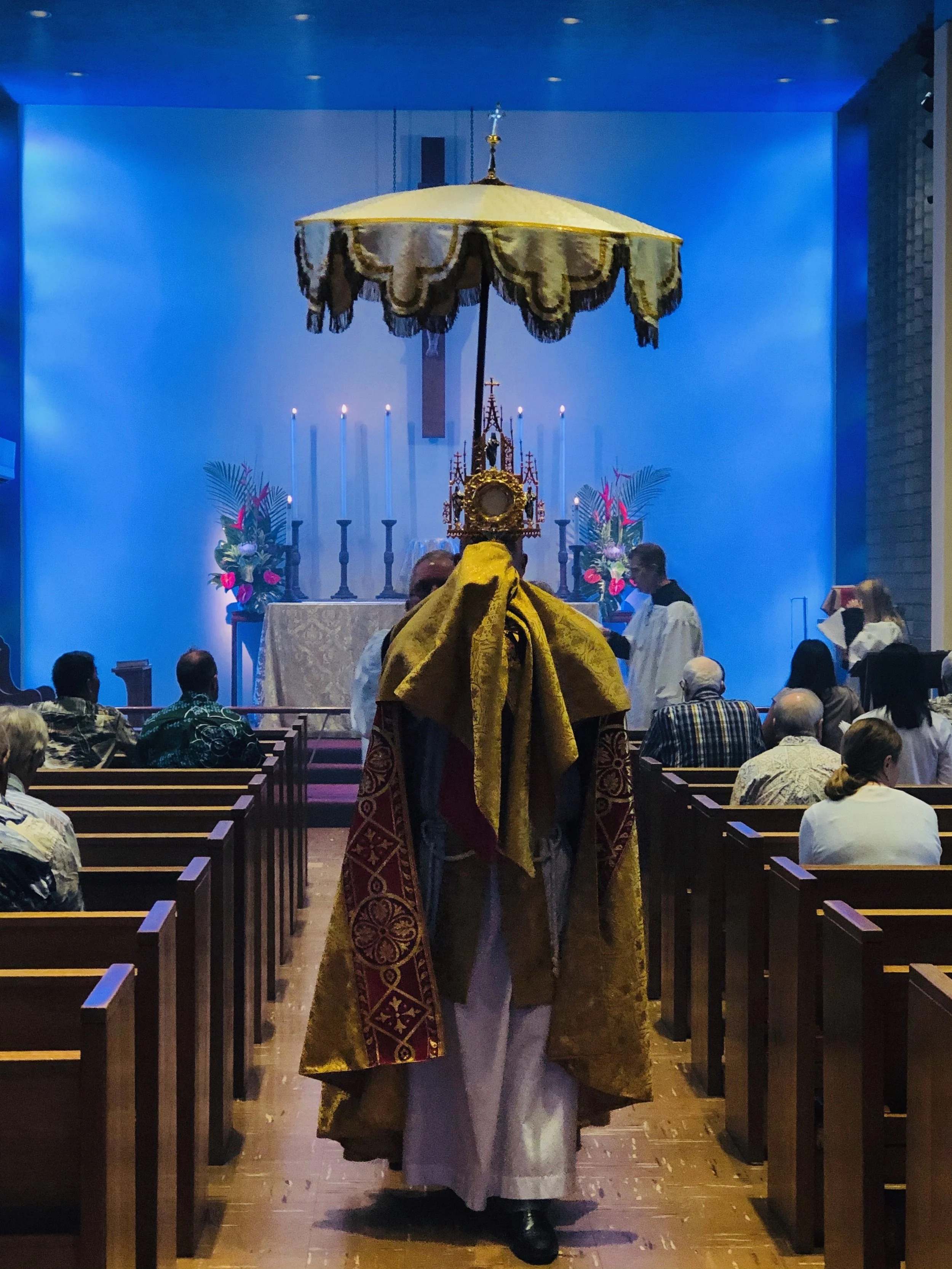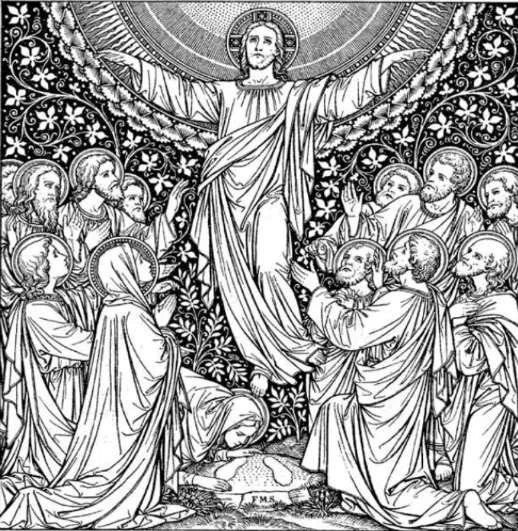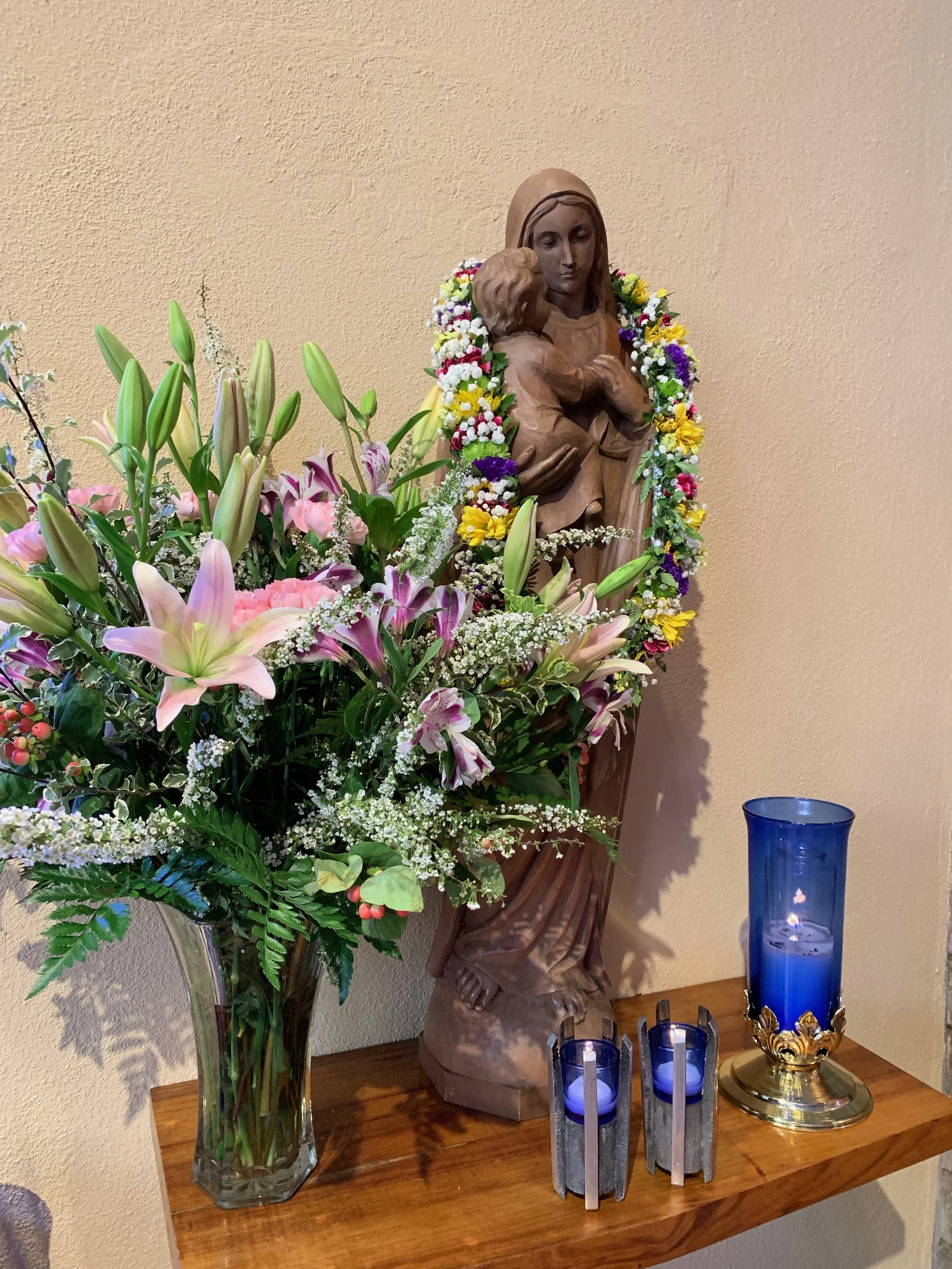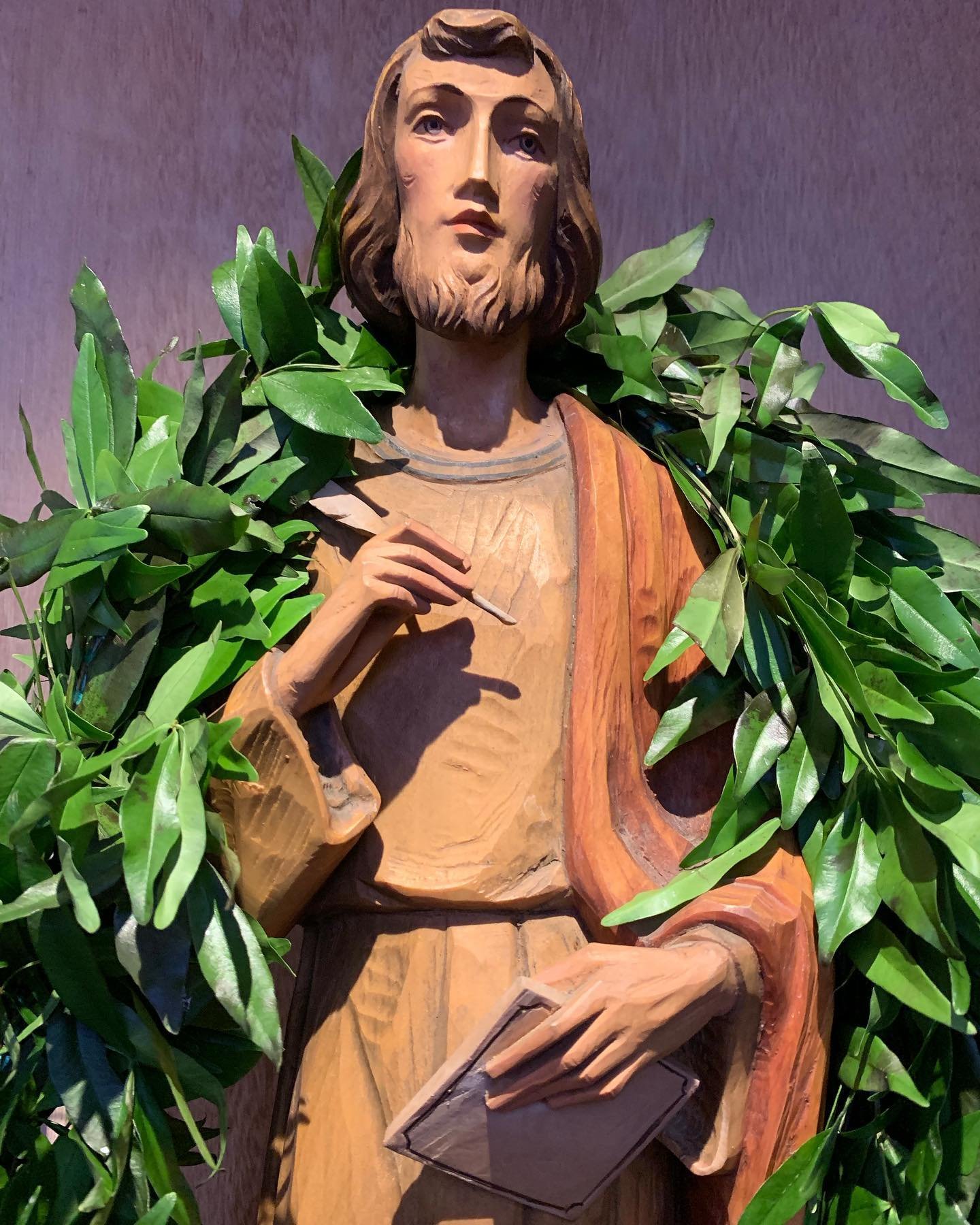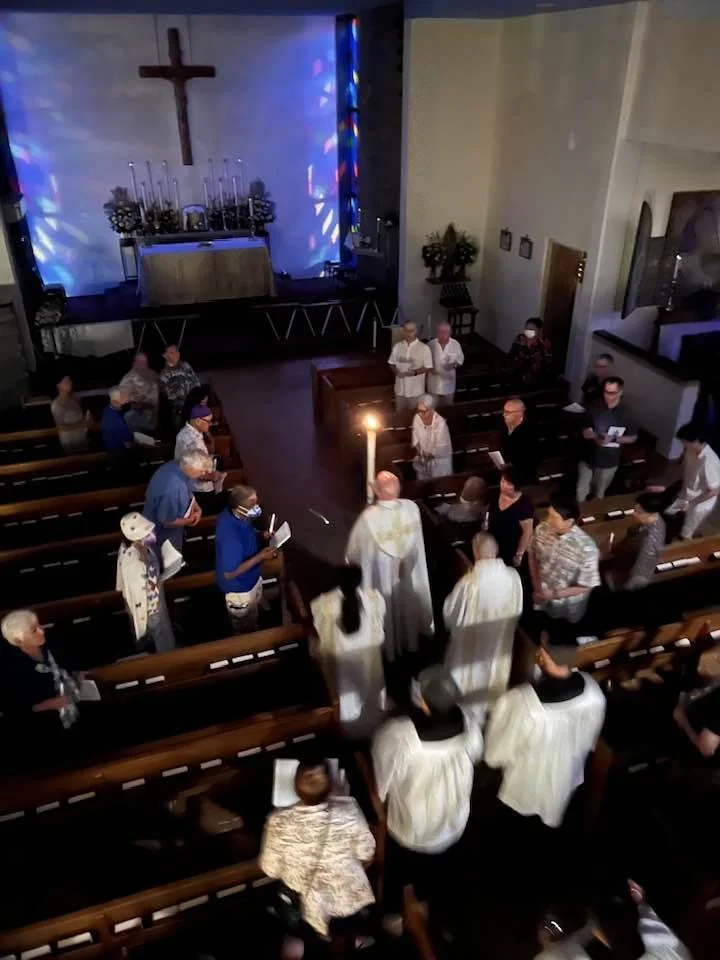From the Rector: Compassion & Transformation
/For the last two Sundays, as well as this coming Sunday, we have remarkable Gospel stories about personal transformation in the presence of Jesus Christ. Two weeks ago we encountered the woman at the well, who even though she has been deemed a great sinner, Jesus takes the time to be with her one-on-one. Her time with him is so life-changing that she becomes a missionary of the Gospel to the Samaritan people.
This past Sunday we witnessed the man born blind gaining his sight. I always feel special empathy for this man, especially because his parents are so unforgiving. I wonder how his parents could let their son beg on the street, because it would seem he is only in this state due to his disability. When the young man does gain his sight from Jesus, his parents continue to miss the mark. We never hear them rejoice that their son has gained his sight. Instead we hear how they are cowards - they do not support him for fear of being kicked out of the synagogue. The grip of religion in this case, to make parents forsake their child's great news, is scathing.
And yet the young man rejoices because he has gained his sight. At this point in life he is probably immune from the ostracizing of society and his parents. Jesus has come to him, not because Jesus sees him as a sinner like everyone else does. (After all, he is blind so he must be receiving punishment for his sins - this is the conventional thinking of the people in the Gospel story.) No, Jesus heals his blindness for he knows that the young man has a real heart that is willing to rejoice due to God's abundant grace. Jesus goes where the good news will be received! (Remember the Gospel from the Second Sunday in Lent, when Jesus and Nicodemus have their discussion at night? The spirit shall go where it will - where it will be heartily received.)
This coming Sunday we will witness Lazarus being raised from the tomb. Mary and Martha and others are distraught because Lazarus has died, and Jesus even weeps in this story when he sees their sorrow, and when he ponders his friend's death. Mary and Martha will show us their great faith in Jesus as the Messiah, both stating to Jesus, "Lord, if you had been here, my brother would not have died." They believe in the resurrection, and when Lazarus is raised from the tomb after four days, we are giving a glimpse of Jesus' future glory. It will not simply be a psychological resurrection on Easter Day - Jesus will not simply come to life in the minds of his disciples. It will be a full, bodily resurrection. Creation, with all of its decay, stench, and earthiness will become alive with new energy and vigor.
Compassion is at the root of all these stories. It is the way of Jesus, and the characters in these stories seem to have had life experiences that have taught them compassion. Jesus, the one who will suffer the passion, seeks out those who have suffered in this life. He has a passion for people who know their life needs grace, and he has little patience, or even comprehension for the societal rules that might prevent him from seeking out the lost and the suffering.
We have almost arrived at the end of our Lenten journey. Soon we will be at the foot of the cross, deep within the passion of Christ. As we gather there, may we be so lucky to be like the woman at the well, or the man born blind, or even stinky Lazarus emerging from the tomb. May we be passionate about our need for God's grace, and may we be compassionate to those that Jesus boldly loved. May we be like Mary and Martha, proclaiming that Jesus is the Messiah, the one coming into the world, and that through his resurrection all of us shall enjoy abundant life.
Father Paul Lillie+

